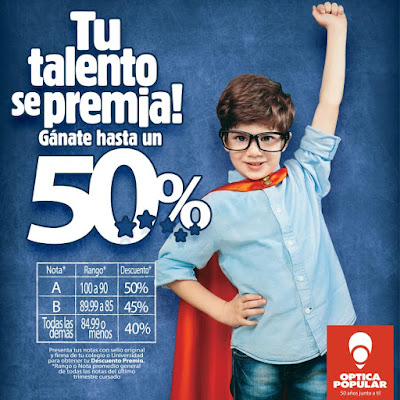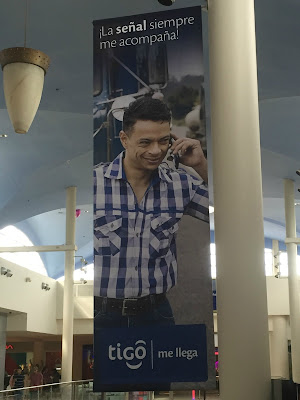Summer love lasts all year long
Love at first visit
Honduras, we are for you
El Instituto Hondureño del Turismo (ITH) es el organismo oficial a cargo de la conducción de la política de turismo a nivel nacional y son los encargados de la formulación, evaluación y ejecución de las políticas relacionadas con el turismo. La dirección y administración del IHT está a cargo del Consejo Nacional de Turismo y la dirección ejecutiva del IHT. En Honduras el clima, en su mayoría del tiempo, es de mucha calor y humedad y por eso el anuncio dice 'el amor de verano dura todo el año' porque se puede visitar en cualquier parte del año y habrá buen tiempo. El aspecto ingenioso del anuncio es que en lugar de 'amor a primera vista', la campaña se llama 'amor a primera visita. Esta campaña comenzó cuando el turismo en Honduras bajo debido a los altos niveles de inseguridad. Desde entonces el IHT ha creado campañas de mercadeo para atraer a los turistas extranjeros. En mi experiencia, acabo de visitar Honduras con un grupo de amigos, tenían mucho miedo y prejuicios porque habían escuchado en los medios sobre Honduras pero al terminar la visita quedaron encantados y asombrados con la belleza que Honduras tiene que ofrecer. El logotipo de 'Honduras, somos par ti' fue diseñado por Gerardo Midence, el ganador del concurso de Identidad Gráfica Marca País Honduras. El artista explicó que el logotipo tiene como objetivo representar la dinámica y el movimiento del país en busca del desarrollo y los colores representa los tipos de turismo que existen en Honduras como el Caribe, el mundo arqueológico, entre otros. Honduras es un país muy hermoso e interesante. Los invito a visitarlo.
...
The Instituto Hondureño del Turismo (Honduran Institute of Tourism) is officially responsible for conducting tourism policy at the national level and are responsible for formulation, evaluation and execution of policies related to tourism. The management and administration of the ITH is in charge of the National Council of Tourism and the executive management of the ITH. In Honduras the climate is most of the time very hot and humid and so the ad states 'Summer love lasts all year long' because you can visit the country on any given time of the year and there will be good weather. The witty aspect of this ad is that instead of 'love at first sight', the campaign is called 'love at first visit'. This campaign started when tourism in Honduras started to decline because of the uprise of insecurity levels in the country. Since then the ITH has created marketing campaigns to attract more foreign tourists. In my experience, I just visited Honduras with a group of friends and they had a lot of fear and prejudice because they've heard about Honduras on the media but at the end of their visit they were delighted and amazed with the beauty that Honduras has to offer. The 'Honduras we are for you" logo was designed by Gerardo Midence, he was the winner of the Mark Your Country Graphic Identity competition. The artist explained that the logo has the goal of representing the dynamic and the movement of the country searching for development and the colors represent the types of tourism that exist in Honduras like the Caribbean, the arqueologic world, among others. Honduras is a very beautiful and interesting country. I invite you to visit it.




































